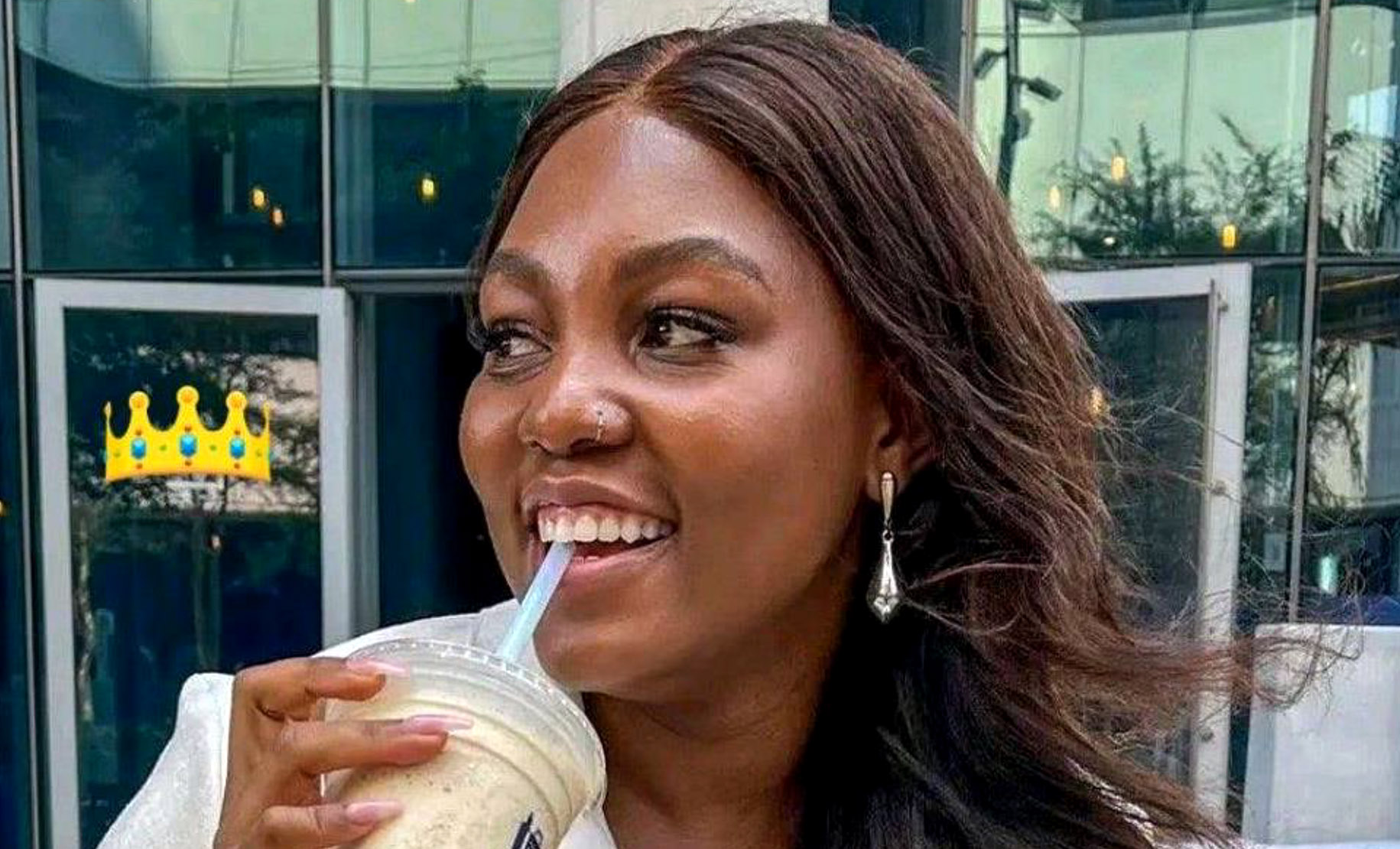Less than two hours. That’s how long it seems to have taken between the point when 30-year-old Olorato Mongale stepped out of her home in Johannesburg for a date, and the moment her dead body was discarded on the side of the road.
Less than two hours.
Olorato did everything right. She had reportedly already met the man she was going on a date with in person at least once, at a mall in Bloemfontein. She told her friends what she was doing. She gave them access to location tracking on her cellphone so that they could follow her movements.
Olorato’s friends did everything right. They kept a close eye on her location. Seemingly, as soon as they saw that she appeared to be entering a dodgy location, they sprang into action and began searching for her. It was Olorato’s friends, rather than the police, who apparently found her bag and cellphone.
“Women are urged to always report their whereabouts to friends and family when meeting new friends or going out on dates,” the SAPS said in a statement reporting on Olorato’s murder.
But that’s exactly what she did. It didn’t save her.
Olorato Mongale didn’t die because she was reckless. She died because she was South African.
An uncomfortable conversation
We live in a country where the idea of a “white genocide” has been flogged across international headlines, despite being a fiction with no statistical basis. Yet, the very real murder epidemic taking place — the unchecked and near-daily killing of women and girls — is met with a shrug from the state and a sigh from the public.
While US President Donald Trump and his allies invent racial conspiracies for political mileage, one wonders what would have happened if Trump had instead looked Cyril Ramaphosa in the eye in the Oval Office and said:
“Mr. President, what are you doing about the thousands of women being raped and killed in your country?”
What if instead of presenting Ramaphosa with printouts of violence happening on the other side of the African continent, Trump had ambushed him instead with the stories of Uyinene Mrwetyana, and Tshegofatso Pule, and Meghan Cremer, and Franziska Blochliger, and Jesse Hess, and, and, and…
It would have been a much more uncomfortable conversation.
Of course, for Trump to try to school Ramaphosa about gender-based violence (GBV) would be sickeningly hypocritical, given that Trump himself was found liable for rape in a May 2023 verdict, and given the “horrible things” happening to women in Trump’s America currently, including the dystopian case of a braindead Georgia woman being kept on life support against her own family’s wishes because she happened to be nine weeks pregnant when she entered a vegetative state.
But it would be interesting to know how Ramaphosa would have defended South Africa’s world-beating femicide rates in the full glare of international media cameras.
Imagine global media outlets framing South Africa not as a dystopia for white farmers, but as a danger zone for every woman and girl. The only reason farm murders trend is because there’s a political constituency — both here and abroad — invested in using them as proof of racial persecution. But the mass killing of women? That’s seen as too complicated. Too domestic. Too endemic, too deeply entrenched to be solved.
The stats have been aired so often that we have become as desensitised to them as we are to most quotidian cases of rape and murder. Women here are five times more likely to be murdered by a partner than anywhere else globally. From October to December 2024 alone, 957 women were killed: an 8.6% increase from the same period the year before. That’s more than 10 women a day.
The home, the relationship, the bedroom: these are the killing fields of modern South Africa.
The reality is that we tolerate GBV
When news of Olorato Mongale’s murder began to circulate on social media, the responses were heartbreakingly predictable. Anger. Grief. Attempts at victim-blaming, rapidly shut down by increasingly enraged, increasingly traumatised women.
And then that all-too-familiar refrain: “This is not who we are.”
Except it is.
A country is defined not just by its Constitution or its flag, but by what it tolerates. And South Africa has tolerated gender-based violence for far too long. We tolerate it when we tell women to stay home or take Ubers instead of telling men to stop killing. We tolerate it when police lose dockets, when survivors are laughed out of police stations, when rapists are released on bail. We tolerate it when politicians make promises with no follow-through, and when budget allocations for GBV services are slashed.
Olorato Mongale was 30. In every photograph she exudes sweetness and beauty. She had a promising future. And now she will have a grave.
If we really want to honour her — and the thousands of women like her — we need to stop accepting apologies and start demanding consequences. We need police reform, prosecutorial will, shelter funding, education programmes and cultural change.
When news broke of Olorato’s murder, Twitter user @Maletsemana posted: “My location [on her cellphone] has been shared with family and friends since Uyinene [Mrwetyana, the UCT student murdered at a Claremont post office in 2019 after entering to collect a Shein order]. I was 18 when she passed, I’m about to be 24. Things have only gotten worse.”
The women of South Africa are owed so much more than this twisted, brutal reality. DM





